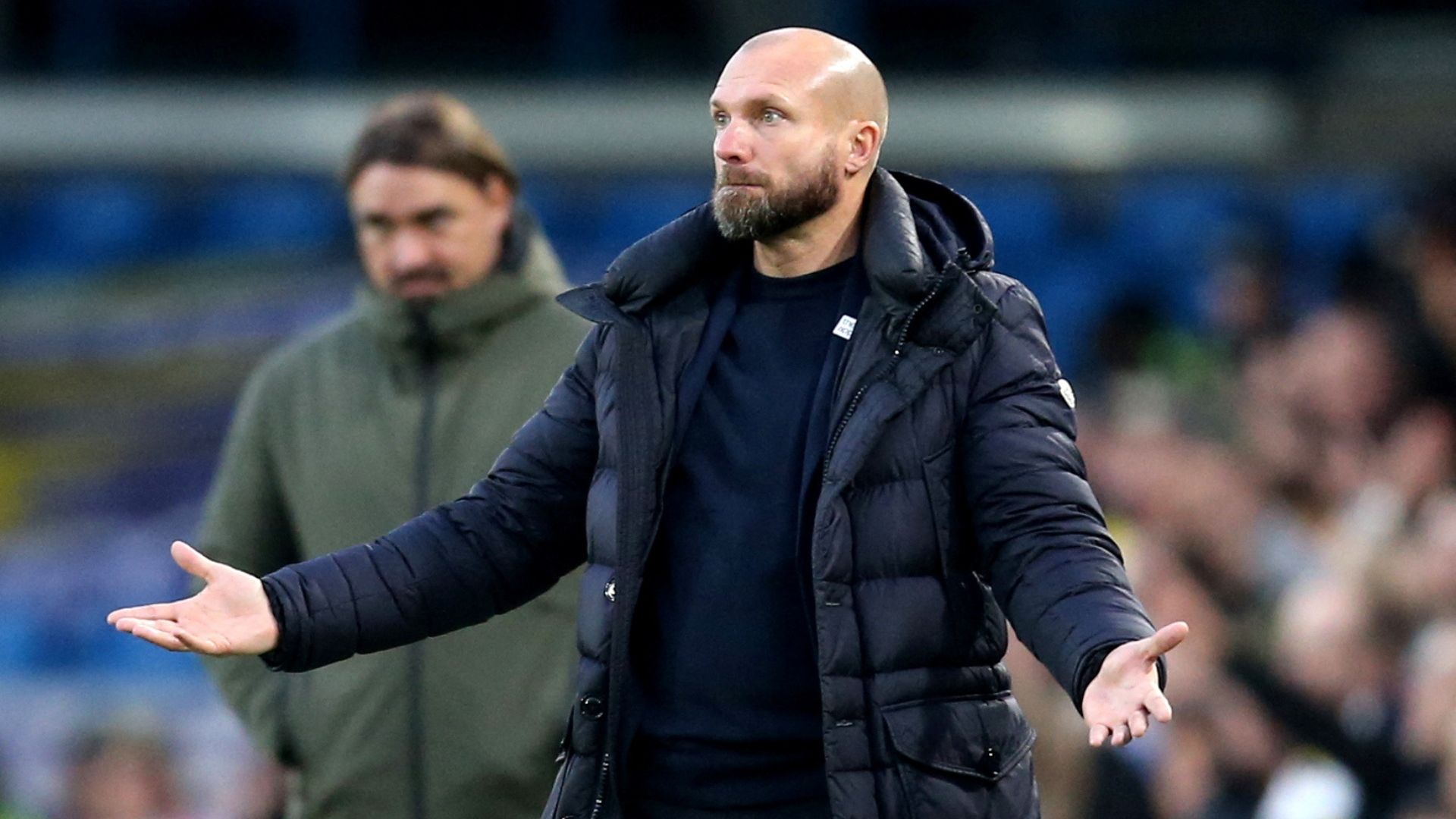Pike County Native Ian Foster Enters Transfer Portal, Unveiling Complexities of College Athletics
Introduction
The recent announcement that Pike County native Ian Foster has entered the NCAA transfer portal has sent shockwaves through the college athletic community. This decision has reignited conversations about the complexities surrounding the transfer landscape and the impact it has on student-athletes, programs, and universities.
The Portal's Impact on Student-Athletes
The NCAA transfer portal was introduced in October 2018, allowing athletes to notify their schools that they intend to transfer without penalty. This has provided student-athletes with increased flexibility and autonomy in controlling their athletic careers. For some, it presents opportunities for a fresh start, whether it's due to limited playing time, program dissatisfaction, or personal reasons. However, navigating the portal can also be a challenging process, involving uncertainty, self-promotion, and a high level of competition for roster spots.
Case Study: Ian Foster
Ian Foster, a former three-star recruit from Pike County, has experienced both sides of the portal's influence. As a freshman at the University of Kentucky, he saw limited action on the field. Nonetheless, he eventually emerged as a starter and key contributor for the Wildcats. However, the coaching staff's recent decision to move Foster from his preferred wide receiver position to cornerback raised doubts about his future role within the program. As a result, he chose to enter the transfer portal to seek a situation where he can fully maximize his potential.
Institutional and Competitive Implications
The transfer portal has also had a significant impact on universities and athletic programs. On the one hand, it has facilitated player movement and increased parity across the NCAA landscape. However, it has also created challenges for institutions trying to maintain roster stability and build continuity in their programs. The constant churn of players entering and leaving the portal can destabilize team chemistry, disrupt coaching continuity, and make it difficult for universities to plan for the future.
Balancing Opportunity and Stability
Striking a balance between providing student-athletes with opportunities to pursue their goals and maintaining institutional stability is a complex task for university athletic departments. While the free movement of players has undoubtedly benefited some individuals, it has also raised concerns about the long-term health of college sports. Institutions must find ways to support student-athletes in their decision-making processes while also safeguarding their own interests and preserving the competitive integrity of the NCAA.
Ethical and Academic Considerations
The transfer portal has also raised ethical and academic concerns. Critics argue that it has encouraged a "quick-fix" mentality among athletes and coaches, prioritizing immediate success over long-term development. The constant shuffling of players can disrupt academic progress and make it difficult for student-athletes to build meaningful connections on and off the field. Furthermore, the portal has been linked to cases of tampering and improper contact between coaches and prospective transfers, blurring the lines of ethical conduct.
Reforming the Transfer Landscape
Recognizing the complexities and challenges associated with the transfer portal, the NCAA has recently implemented reforms to address some of these concerns. These reforms include changes to the timing of player eligibility, increased communication between coaches and potential transfers, and new rules to prevent tampering. However, it remains to be seen whether these measures will be effective in mitigating the negative effects of the portal while preserving its benefits for student-athletes.
Conclusion
Ian Foster's decision to enter the transfer portal highlights the complex landscape of college athletics in the era of free player movement. The portal has provided increased opportunities for student-athletes to pursue their goals, but it has also created challenges for universities and raised ethical concerns. Balancing the rights of individuals with the stability of institutions is a delicate task that requires careful consideration from all stakeholders in college sports. As the NCAA continues to grapple with these issues, it is essential to prioritize the well-being and development of student-athletes while maintaining the integrity and competitiveness of the sport.
Read also:
Bookworm Brown: Eagles' AJ Brown's Sideline Literacy Powers Playoff Triumph
Lions' Hutchinson On Track For NFC Title Rematch Despite Injury
Jamie Foxx's Daughter Corinne Foxx Is Engaged To Joe Hooten

